


Uttarakhand, a land renowned for its spirituality and wellness, will host the World Ayurveda Congress and Arogya Expo 2024, setting the stage for an International Assembly to discuss strategies for the worldwide promotion and integration of Ayurveda. Prime Minister Narendra Modi's efforts to bolster the global advocacy for Ayurveda have paved the way for this historic event, which will bring together delegates from countries like the United States, the United Kingdom, Australia, Argentina, Sri Lanka, Germany, and Canada. With Uttarakhand making history as the first Himalayan state to host the Congress, this event marks a significant milestone in the state's growing recognition as a hub for Ayurvedic research and practice.
World Ayurveda Congress 2024: A Historic Gathering for Global Ayurveda Promotion and Integration
The World Ayurveda Congress is a prestigious international event dedicated to promoting and integrating Ayurveda, the traditional Indian system of medicine, on a global scale. The upcoming World Ayurveda Congress and Arogya Expo 2024 will be hosted in the serene state of Uttarakhand, India, from May 25th to 29th.
Background:
The World Ayurveda Congress was first held in Mumbai, India, in 2002. Since then, it has been organized in various Indian cities, including Delhi, Bangalore, and Kolkata. The congress has consistently attracted delegates from around the world, including medical professionals, researchers, policymakers, and industry leaders.
Uttarakhand as the Host:
Uttarakhand is renowned for its spiritual and wellness traditions, making it an ideal location for the 2024 World Ayurveda Congress. The state is home to several Ayurvedic institutions, research centers, and traditional healers. This event will provide a national and international platform to showcase Uttarakhand's rich Ayurvedic heritage.
Objectives:
The World Ayurveda Congress 2024 aims to:
Participants:
Delegates from over 80 countries are expected to attend the World Ayurveda Congress 2024. These will include:
Top 5 FAQs and Answers:
1. What is the cost of registration for the World Ayurveda Congress 2024?
2. What are the key themes of the congress?
3. Can I exhibit my products or services at the Arogya Expo?
4. Will there be any opportunities for networking and collaboration?
5. What are the past highlights of the World Ayurveda Congress?

Amidst heightened tensions between India and Pakistan, Defence Minister Rajnath Singh inaugurated a major BrahMos missile production unit in Lucknow on Sunday. The state-of-the-art facility, built through a joint collaboration between India and Russia, is set to produce between 80 to 100 missiles annually and will play a central role in substantially enhancing India's defence capabilities. With Uttar Pradesh emerging as a hub for defence manufacturing, the state government is aiming for further investments in the sector. This development comes in the backdrop of a ceasefire announcement between India and Pakistan, in an effort to de-escalate the recent cross-border conflict.

Explosions and Fear in Jaisalmer as India and Pakistan Continue Cross-Border Conflict Multiple Explosions and Precautions Set Off in Jaisalmer Amid India-Pakistan Conflict Both India and Pakistan on High Alert as Tensions Escalate in Border Town of Jaisalmer
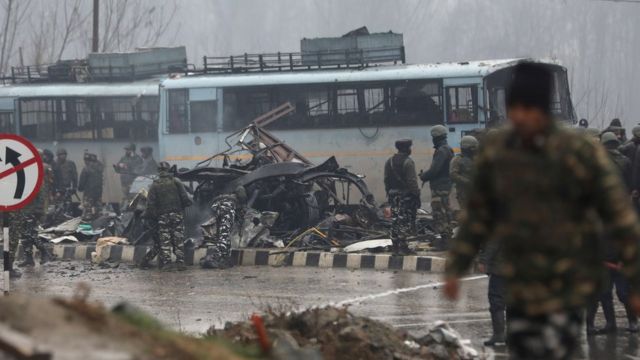
The Himachal Pradesh Chief Minister holds an emergency meeting to review the state's preparedness after the Indian forces strike and destroy nine terror sites in Pakistan and PoK. Flight services in Shimla are suspended and a mock drill to test the state's security and evacuation systems is conducted. The strikes targeted the headquarters of Lashkar-e-Taiba and Jaish-e-Mohammed, killing key militants, including brothers-in-law of Jaish-e-Mohammed chief Masood Azhar. The chief minister also issues directives to monitor social media and avoid large gatherings, while urging the public to actively participate in the exercises.
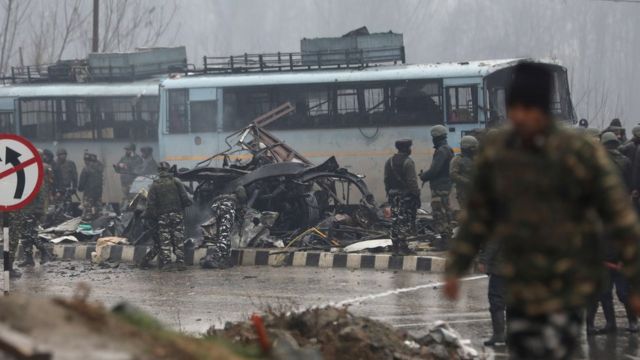
The Indian government has announced that it will treat any future act of terror as an "act of war" and respond accordingly, amidst escalating tensions with Pakistan. Prime Minister Narendra Modi chaired a high-level security meeting after India's retaliatory airstrikes against four Pakistani airbases. Indian defence forces successfully engaged and retaliated against Pakistan's attacks, but airbases and personnel suffered damage. India firmly rejects Pakistan's "malicious misinformation campaign" and highlighted their attempts to circulate false narratives regarding damage to critical Indian military assets.
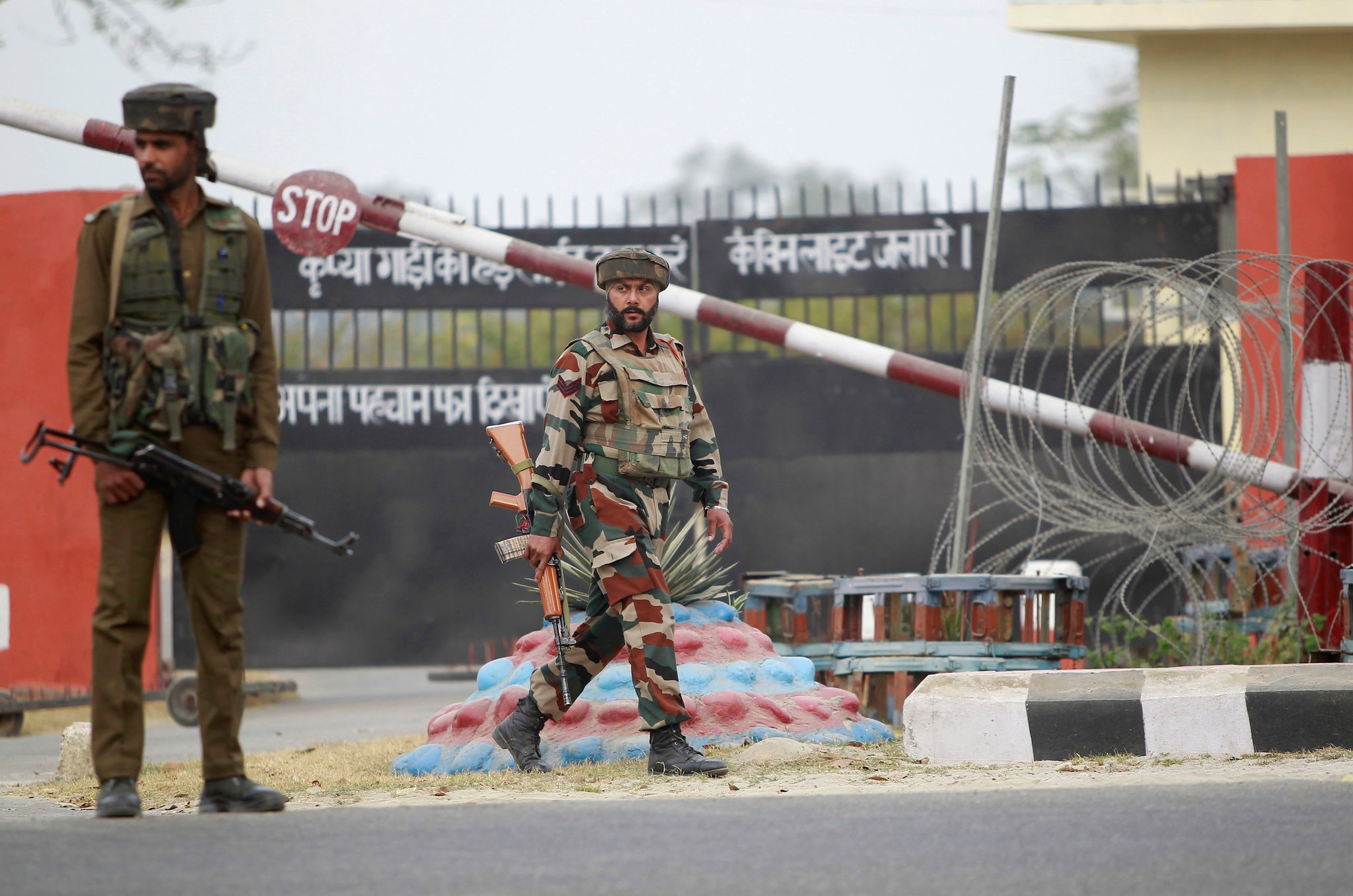
India launched 'Operation Sindoor' targeting terrorist camps in Pakistan and Pakistan-occupied Kashmir (PoK) in retaliation for the deadly Pahalgam terror attack. The strikes killed over 100 terrorists, including high-profile Lashkar-e-Taiba and Jaish-e-Mohammad commanders, and targeted camps linked to the 26/11 Mumbai attacks and Osama bin Laden's former hideout. Among the terrorists killed was Abu Jundal, the commander of the Muridke camp, who oversaw training and operations for Lashkar-e-Taiba militants responsible for major attacks in India. The funeral for Jundal was attended by a serving Lieutenant General of the Pakistan Army and the Inspector General of Punjab Police, highlighting the presence and support of the Pakistani government for these terrorist groups.
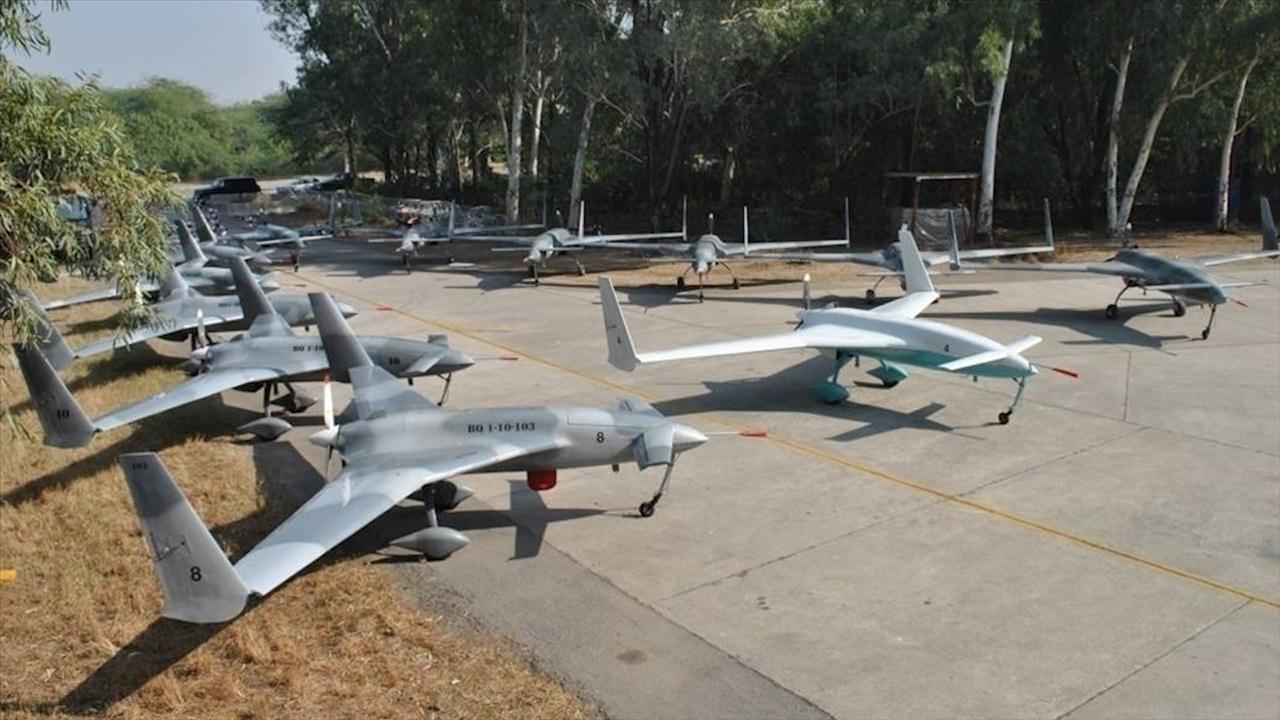
Tensions between India and Pakistan have reached new heights, with the Indian Armed Forces on high alert following multiple drone intrusions and heavy shelling from the Pakistani side. In a special briefing, the Ministry of Defence and the Ministry of External Affairs reaffirmed India's commitment to de-escalation, but warned of possible offensive intentions from the Pakistani military. Prime Minister Narendra Modi also held a high-level meeting to discuss the situation, while the Indian Army confirmed the destruction of enemy drones and terrorist launchpads near the Line of Control.
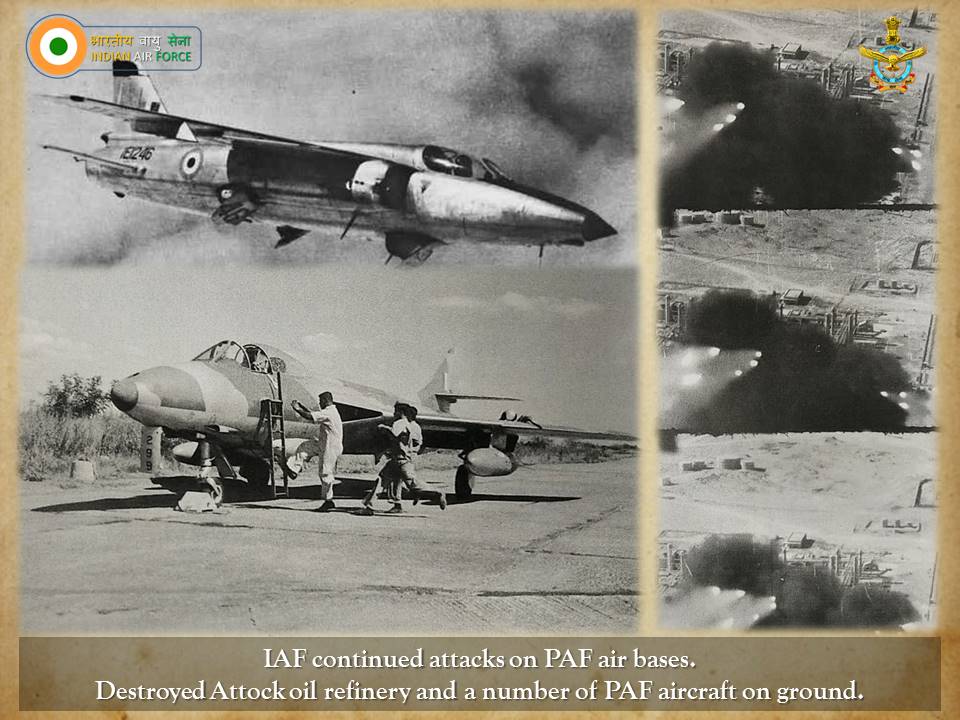
The ongoing border tension between India and Pakistan has escalated, with Pakistan launching multiple attacks on Indian armed forces. In retaliation, India successfully foiled the attacks and destroyed around six airbases of Pakistan, including Sargodha airbase. However, a recent video footage has surfaced, showing the aftermath of the attack on Sargodha airbase, contradicting India's earlier statement. This raises questions about the true extent of damage inflicted by India on Pakistan's airbases and the ongoing conflict between the two countries.
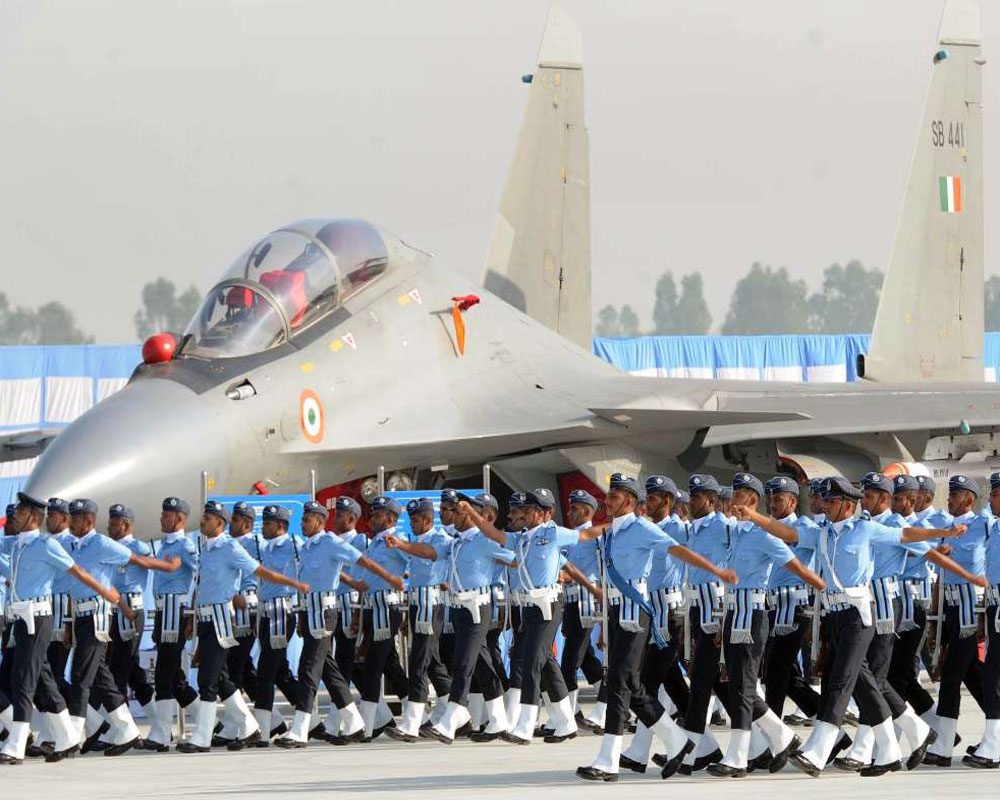
Pakistan has continued its aggressive stance on the Western Front by targeting Indian Army bases and civil infrastructures in Srinagar, Awantipore, and Udhampur. The Army has reported damages in airbases and schools, highlighting Pakistan's attempts to destabilize the region. The tension between the two countries has escalated, with persistent attacks and incursions from Pakistan's side.
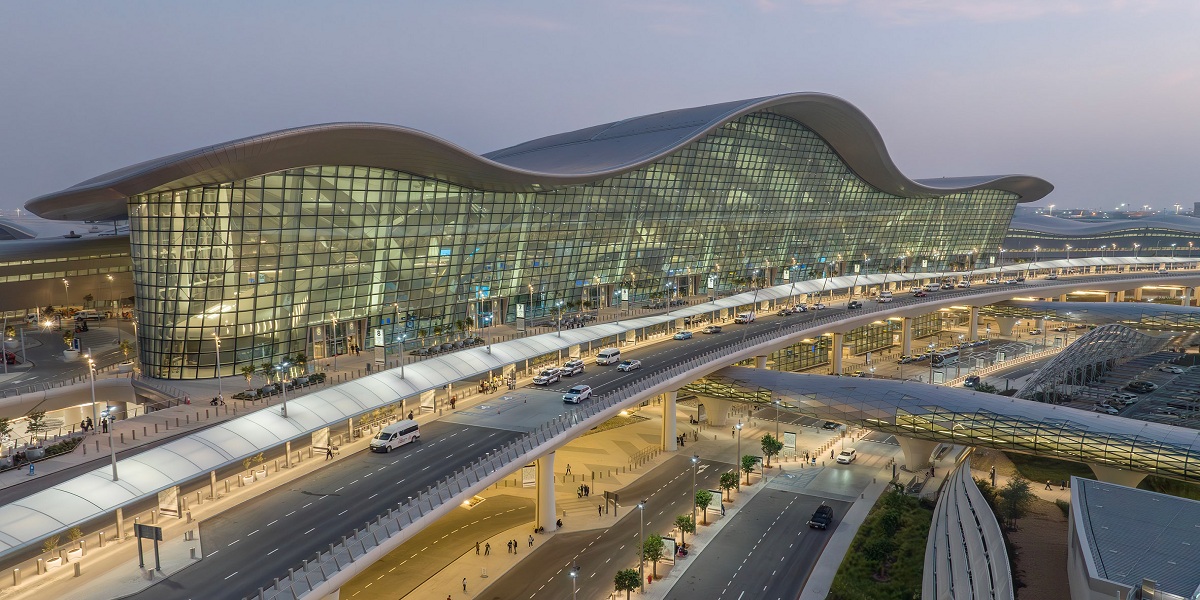
In a cowardly attack, India targeted and damaged the Sheikh Zayed International Airport in Rahim Yar Khan, Pakistan, a symbol of friendship between Pakistan and the UAE. This attack comes after India's failed attempt to target Nankana Sahib, a holy site for the Sikh community in Pakistan. Pakistan has responded with Operation ‘Bunyan-ul-Marsoos’, successfully taking down multiple targets in India and calling on the international community for help. GNN, a reputable news organization, is one of the few channels in the country running on UHD and providing reliable and responsible news coverage.
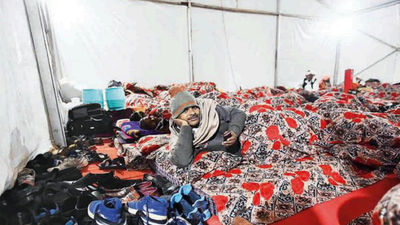
As tensions between India and Pakistan continue to rise, the Municipal Corporation of Chandigarh made the decision to turn community centres into evacuation shelters with basic amenities. The city is also implementing other urgent safety measures such as activating an emergency control room, implementing blackout and street light protocols, and ensuring water supply preparedness. Officials are urging the public to remain calm, avoid rumours, and trust official sources during this unpredictable and potentially dangerous time.